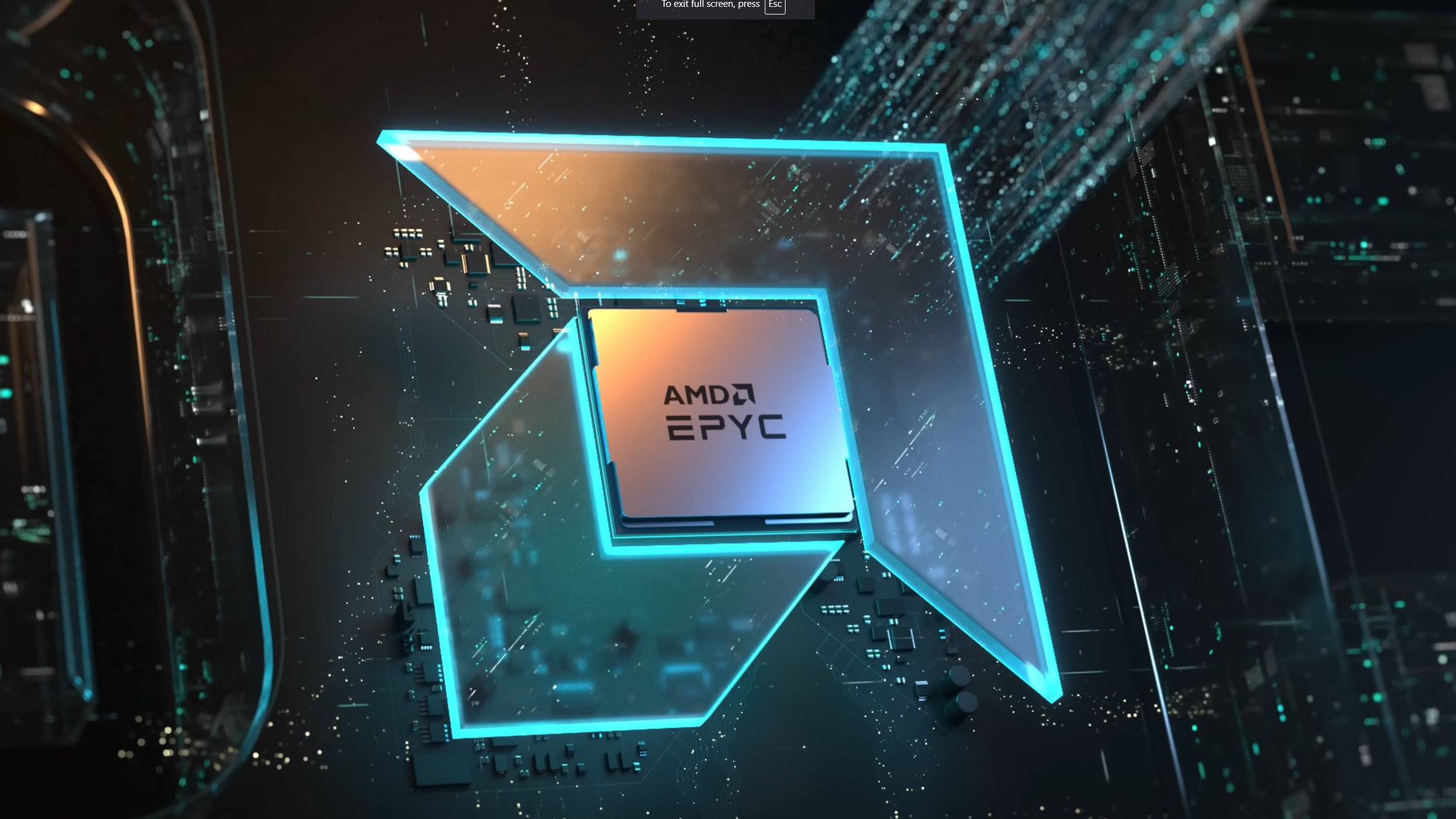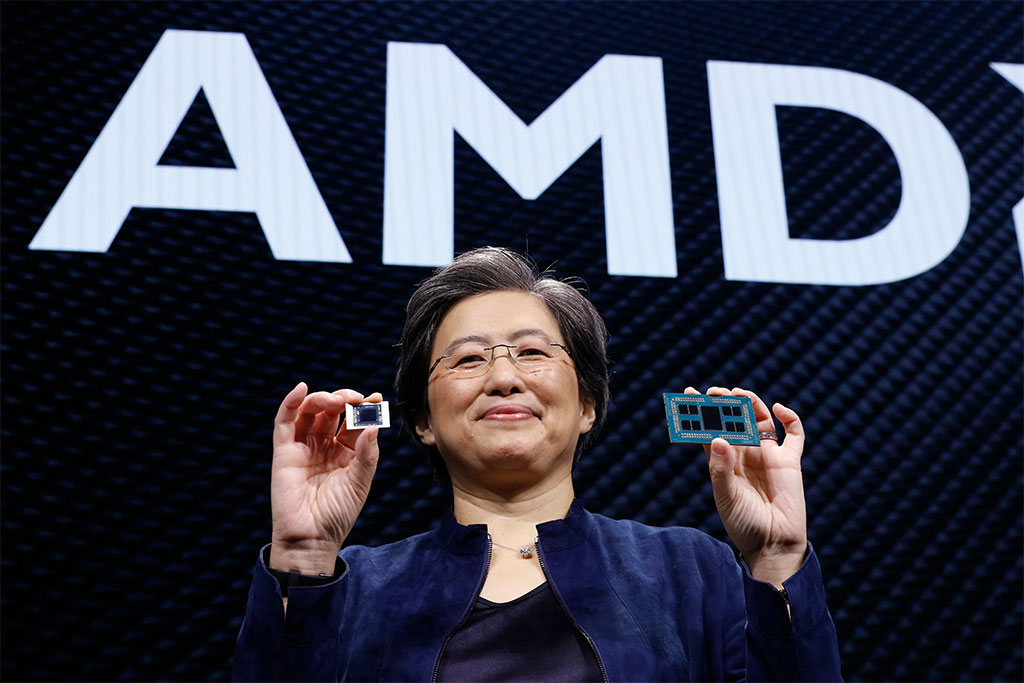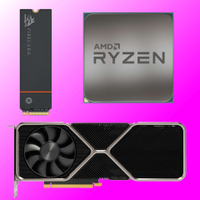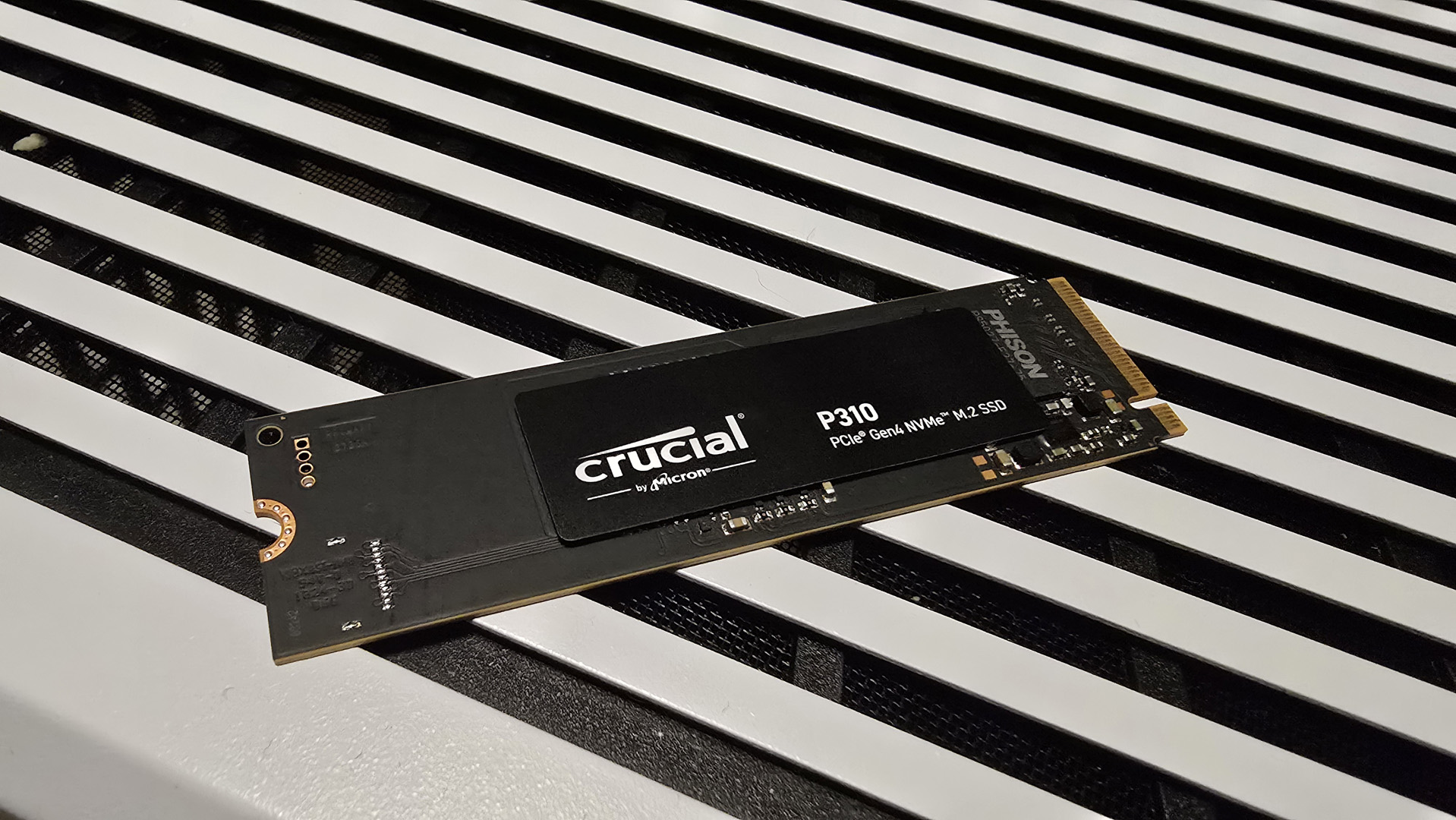AMD sees record revenue of $25.8 billion in 2024 thanks to data center growth—gaming last seen tumbling into a ditch
AI was spotted fleeing the scene.

You'd be forgiven for thinking that a company called Advanced Micro Devices would make the majority of its profit from said tech, with coveted high-end graphic cards leading the charge. Though gaming hardware continues to do big business, it's been completely overshadowed in recent years by an explosion in demand for data centres handling AI.
In a recent earnings call, AMD revealed that revenue from the data centre side of the business had more than doubled, ultimately "contributing roughly 50% of annual revenue" in 2024 (via Seeking Alpha). Now, you may be asking 'Half of how much, though?' Well, EVP, CFO and Treasurer Jean Hu revealed that AMD saw a "record revenue of $25.8 billion" in 2024, attributing the gain to "94% growth in our data center segment and a 52% growth in our client segment."
To be clear, AMD's segment includes AI accelerators, server chips, server GPUs, FPGAs, and more. You know, server stuff. So, that's $12.5 billion for the data centre last year, up from $6.5 billion the year prior. As for the client segment, that includes Ryzen CPUs, APUs and chipsets, which all accounted for $7 billion in 2024, up from $4.7 billion in 2023.
CEO Lisa Su revealed on the same call, "On a full year basis, annual revenue grew 14% to $25.8 billion as data center revenue nearly doubled and client segment revenue grew 52%, more than offsetting declines in our gaming and embedded segments."
So, gaming isn't looking too hot for AMD—but how bad is it really? AMD's gaming segment includes discrete GPUs and semi-custom chips. The latter are big money for AMD, as it produces the semi-custom silicon used in PlayStation and Xbox consoles. Lisa Su stated, "Revenue declined 59% year-over-year," which sounds bad but still means AMD made $563 million from this part of the business alone in 2024.
The gap between million and billion often makes all the difference for massive corporations, but this decline is a drop in the bucket compared to how much AMD raked in from the data centre segment. That said, AMD will be reeling from a loss of that console business, as the current generation gradually winds down.
"Revenue declined 59% year-over-year to $563 million. Semi-custom [console chip] sales declined as expected as Microsoft and Sony focused on reducing channel inventory," Su noted, continuing "in Gaming Graphics, revenue declined year-over-year, as we accelerated channel sellout in preparation for the launch of our next-gen Radeon 9000 series GPUs."
The biggest gaming news, reviews and hardware deals
Keep up to date with the most important stories and the best deals, as picked by the PC Gamer team.
Those next-gen Radeon 9000-series cards have to face down Nvidia's RTX 50-series, though we already know AMD isn't planning to compete with Nvidia's finest card, the RTX 5090. Instead, it's focusing on the higher volume middle tier—not first place, but definitely not last either.
All of this is consistent with the big gains in data centre demand and the contracting gaming segment we saw last year, fast becoming an industry-wide trend. For instance, competitor Nvidia hoovered up $26 billion in a single quarter last year thanks to their own growing data centre segment, and more recently Microsoft committed to spending $80 billion to better facilitate its AI-dreams.

Then there's 'Stargate,' a massive four year project led by OpenAI and Softbank currently working to build AI infrastructure across the US. Expected to cost close to $500 billion over the course of Trump's presidency, AI continues to be a pie everyone wants a bite out of—especially now the incumbent has done away with the last administration's proposed AI guardrails.
But what's the true cost of this rapidly expanding business and outsized data centre demand? Oh, you know, only our environment. Despite Microsoft's recent attempt to incorporate materials with a low carbon footprint into their construction projects, there's no escaping how power-hungry data centres are and what that could mean for carbon emissions. As a result, Microsoft, Google, and Meta all have their eye on nuclear energy as a source of carbon-free power that can also meet the intensive demands of a future looking increasingly dominated by data centres.
Best CPU for gaming: Top chips from Intel and AMD.
Best gaming motherboard: The right boards.
Best graphics card: Your perfect pixel-pusher awaits.
Best SSD for gaming: Get into the game first.

Jess has been writing about games for over ten years, spending the last seven working on print publications PLAY and Official PlayStation Magazine. When she’s not writing about all things hardware here, she’s getting cosy with a horror classic, ranting about a cult hit to a captive audience, or tinkering with some tabletop nonsense.


